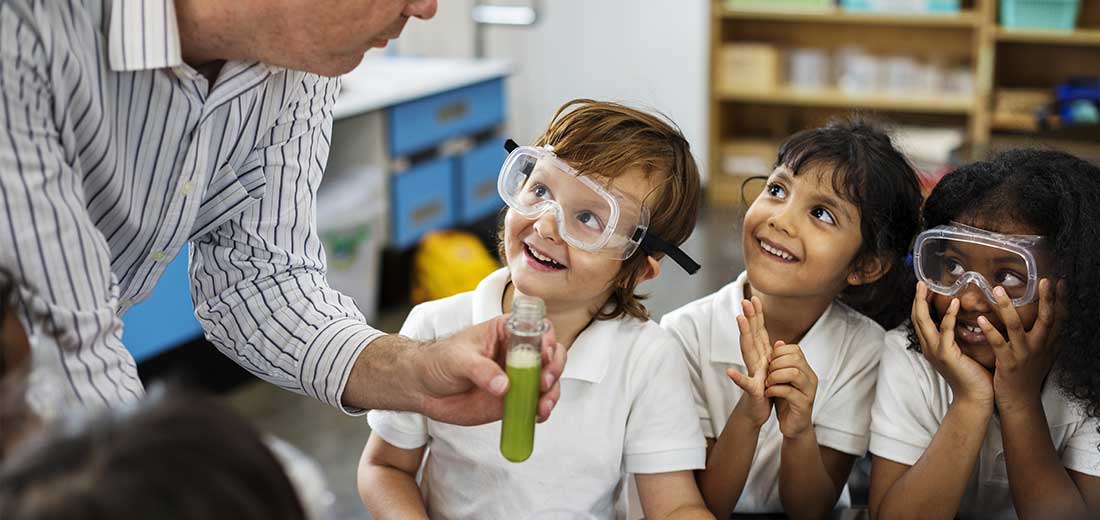Do you remember, as a young child, trying to figure out how things worked? Regarding the world around them, children are full of questions. They are naturally inquisitive. Early science education can take inquisitiveness and put it to good work. In the pursuit of scientific discovery, your child can start channeling their enthusiasm when parents and teachers take advantage of their innate curiosity.
But, in the life of your child, is education regarding science so very crucial? The answer is a resounding, “Yes!” even early in life.
So, in your childcare setting and at home, how can you support this pursuit? In the early years, it is important that opportunities for scientific discovery be provided. The following are several ways in which this is beneficial to young children…
Offers Grounding In Scientific Thinking And Concepts
Even as babies, right from the start, children are programmed to experiment and explore. However, many children have already developed either a negative or positive attitude toward scientific education by the age of seven. It is likely to remain relatively constant in the child throughout their life. So, during this key developmental phase, and by tapping into their natural predispositions in early years, it is possible to establish and nurture a positive approach to education in the field of science. This is very likely to remain embedded in a child’s psyche well into their future.
A Lifelong Love of Science Is Fostered
Scientific thinking can be stimulated, and children introduced to scientific concepts, with even the simplest activities. A strong foundation can be provided by early scientific education. This foundation applies to how something is learned and specifically, what is learned, putting a child in better standing for the future.
By familiarizing a child with basic vocabulary (scientific), and by directing and encouraging their natural curiosity, educators in a child’s early years help them to gain a working knowledge of many things and better understand the world around them.
Other Attributes and Skills Development Is Supported
The opportunity to practice and develop numerous attributes and skills are provided to children through science education activities. These can include the following:
- Problem-solving skills
- Reasoning skills
- Analytical skills
- Perseverance and team working
- Collaborative skills
- Communication skills
By using age group appropriate scientific terms, you can help a child expand their vocabulary. Through creative activities, numeracy, and related literacy, you will be encouraging your child to absorb and extend their learning.
Keeping Children’s Minds Occupied after School
Once school is over for the day, it doesn’t mean the learning needs to stop. To help keep your child’s mind and time occupied after school, but before they reunite with their family, we can help. At Home Away Child Care Center, we offer afterschool programs that include age-appropriate activities. Our learning centers are set up for writing, reading, art, music, imaginary play, math, and… yes, science.
For your preschooler, we can provide both independent and shared learning opportunities. Contact us today if you like to find out more.




